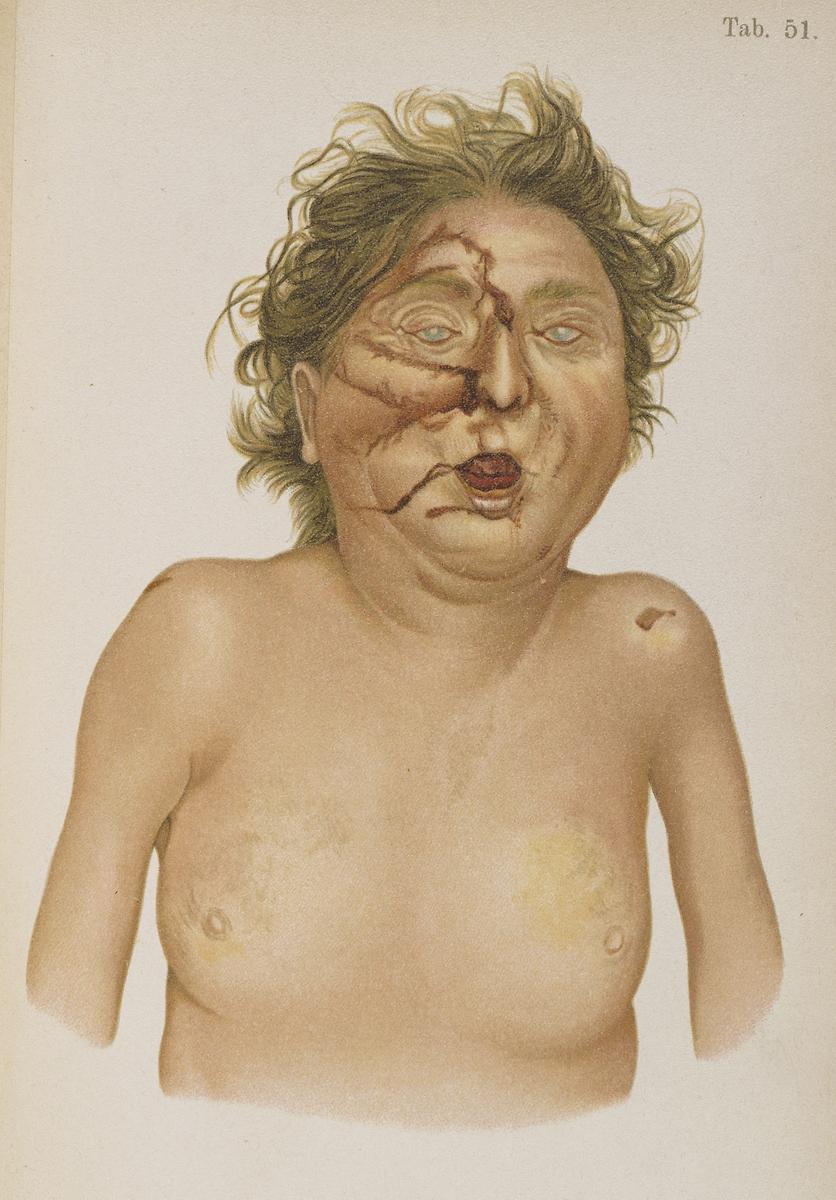
Two former top officials at Indonesia's national airline have gone on trial in connection with the murder of a leading human rights activist.The ex-president and ex-deputy president of Garuda airlines are accused of helping Pollycarpus Priyanto, an off-duty pilot, kill Munir Said Thalib by poisoning him on a flight to Amsterdam three years ago.Indra Setiawan and his former deputy, Rohainil Aini could face up to 20 years in jail if found guilty.Priyanto was convicted of the actual murder and jailed for 14 years in 2005, but the conviction was overturned a year later by the supreme court a year citing a lack of evidence and witnesses.
Prosecutors are now appealing that decision.Munir, and lawyer and one of Indonesia's most prominent human rights campaigners, died after ingesting a fatal dose of arsenic while travelling to the Netherlands on a Garuda flight.He had often targeted Indonesia's powerful military and secret service, leading to claims that he was killed because he exposed abuses by the country's security forces.Investigators have also claimed that orders for the murder allegedly came from the Indonesia's national intelligence agency.
Human rights groups say Munir's killers must be brought to justice [EPA] On Tuesday prosecutors alleged that Setiwan and Aini, the two former Garuda boses, forged documents enabling Priyanto to get aboard the flight and give Munir a drink laced with arsenic during a stop over at Singapore airport.As was the case during Priyanto;s original trial, prosecutors did not lay out any motive for the killing.
Speaking through his lawyer, Setiawan said he did not understand how he could be named in a murder conspiracy with a man who had since been acquitted of the crime."The prosecution charges are unclear and should be dismissed," said his defence lawyer, Hari Wicaksono. "The Supreme Court ruling makes them irrelevant."Since her husband's death Munir's widow, Suciwati, has toured the world meeting human rights activists and politicians and won a promise from Susilo Bambang Yudhoyono, the Indonesian president, that his killers would be punished.The case is seen as a key test of how much Indonesia's judicial system has changed since the time of former president Suharto when security officers were largely above the law.The United States, the European Union and the United Nations have all put pressure on the Indonesian government to ensure Munir's killers are brought to justice.
Prosecutors are now appealing that decision.Munir, and lawyer and one of Indonesia's most prominent human rights campaigners, died after ingesting a fatal dose of arsenic while travelling to the Netherlands on a Garuda flight.He had often targeted Indonesia's powerful military and secret service, leading to claims that he was killed because he exposed abuses by the country's security forces.Investigators have also claimed that orders for the murder allegedly came from the Indonesia's national intelligence agency.
Human rights groups say Munir's killers must be brought to justice [EPA] On Tuesday prosecutors alleged that Setiwan and Aini, the two former Garuda boses, forged documents enabling Priyanto to get aboard the flight and give Munir a drink laced with arsenic during a stop over at Singapore airport.As was the case during Priyanto;s original trial, prosecutors did not lay out any motive for the killing.
Speaking through his lawyer, Setiawan said he did not understand how he could be named in a murder conspiracy with a man who had since been acquitted of the crime."The prosecution charges are unclear and should be dismissed," said his defence lawyer, Hari Wicaksono. "The Supreme Court ruling makes them irrelevant."Since her husband's death Munir's widow, Suciwati, has toured the world meeting human rights activists and politicians and won a promise from Susilo Bambang Yudhoyono, the Indonesian president, that his killers would be punished.The case is seen as a key test of how much Indonesia's judicial system has changed since the time of former president Suharto when security officers were largely above the law.The United States, the European Union and the United Nations have all put pressure on the Indonesian government to ensure Munir's killers are brought to justice.
Comments